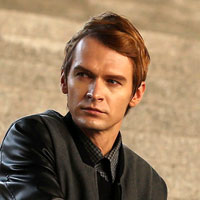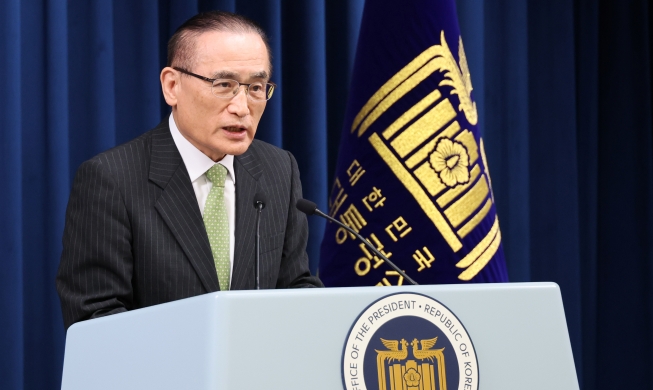
By Ilya Belyakov
Seoul is not a very beautiful city. It has few buildings that show off any architectural beauty. It is not easy to find attractions that hold historic meaning or deep history without referring to a guidebook. There must be historic, economic or cultural reasons for this. For ordinary tourists who don't know the complicated history of Korea, however, their first impression of Seoul may not be that good. I've met many people who think Seoul to be just another anthill of Asia in a concrete jungle of modern glass.
However, is that true?
For me, who has lived in Korea for more than 12 years, Seoul has become my home. I've been to many places and traveled many times, but coming back to Seoul always feels like coming back home. In my case, having grown up in a relatively small city in Russia, Seoul was like a gigantic, complex monster when I first came here. So at that time, it was natural that I didn't find Seoul to be very beautiful. This was particularly the case when I visited places like Hongdae, Sinchon or Daehangno Street, crowded with people, especially on the weekends, and full of garbage on the streets. As time passed, however, I began to change my mind. Whenever I came back to Seoul after a business trip or other travels, I now always think, "Ah, Seoul is very beautiful, and a convenient city in which to live."
Seoul doesn't have that many fancy attractions. It is neither a quiet yet vivid European city dusted with a long history marking thousands of years, nor a U.S. city which was planned with clear intention and an accurate concept of a city. It is not a city of South America, which shows the unique contrast between the history of European colonization and the cultures of the indigenous people. Rather, Seoul can be seen as a city that shows the history of the Korean people and as a symbol of Korea's economic development.
The charms of Seoul are hidden in the dead-end narrow alleys, in the Hangang River that bifurcates the city through its center, in N Seoul Tower where any place in the city can be easily seen, and in the Olympic Highway that creates a beautiful night view. This may not be the same for sightseers travelling to the city for just a few days, but for me, Seoul is quite beautiful and a very attractive city.
I don’t think Seoul -- as a city -- is best represented by tourist spots like Myeongdong, Insadong or Jongno. These crowded neighborhoods, with their full range of dining, shopping and sightseeing options, are not ideal locations for Seoulites seeking peace and calm on their days off. After a stressful week at the office, you often want to disappear into a void for the weekend, away from people and from constant connection. My friends are unconvinced that such a place exists in the high-tech jungle that is Seoul, but I’ve discovered several hideouts within city boundaries where you can find peace and calm.
Not too long back, I took a hike on Achasan Mountain, located in the eastern edges of the city. A short bus or taxi ride from Gwangnaru Station is all it takes to arrive at Achasan Ecological Park. Once you climb your way to the top of the mountain, you are rewarded with a truly breathtaking view. From up there, the city feels both near and distant, and with the wind against your cheeks you gain a new perspective on Seoul as you have never witnessed it before.
I discovered this new face of Seoul for the first time in 12 years. I had been under the impression that there weren’t many locations in the city that catered to people who enjoyed outdoor activities, and I am glad I was proven wrong.
Having lived in this city for as long as I have, I believed nothing could surprise me any longer. What my recent discovery has taught me is that Seoul can have endless charm if you dare to look in the right places.
(Originally written in Korean by TV personality Ilya Belyakov.)
Translated by Yoon Sojung, Lee Hana
Most popular
- Military discharge sets stage for reunion of all 7 BTS members
- Lee Jae-myung officially sworn in as nation's 21st president
- Presidents Lee, Trump discuss tariff deal in first phone talks
- President's 1st executive order is launch of economic task force
- Method found to boost removal of waste products from brain
